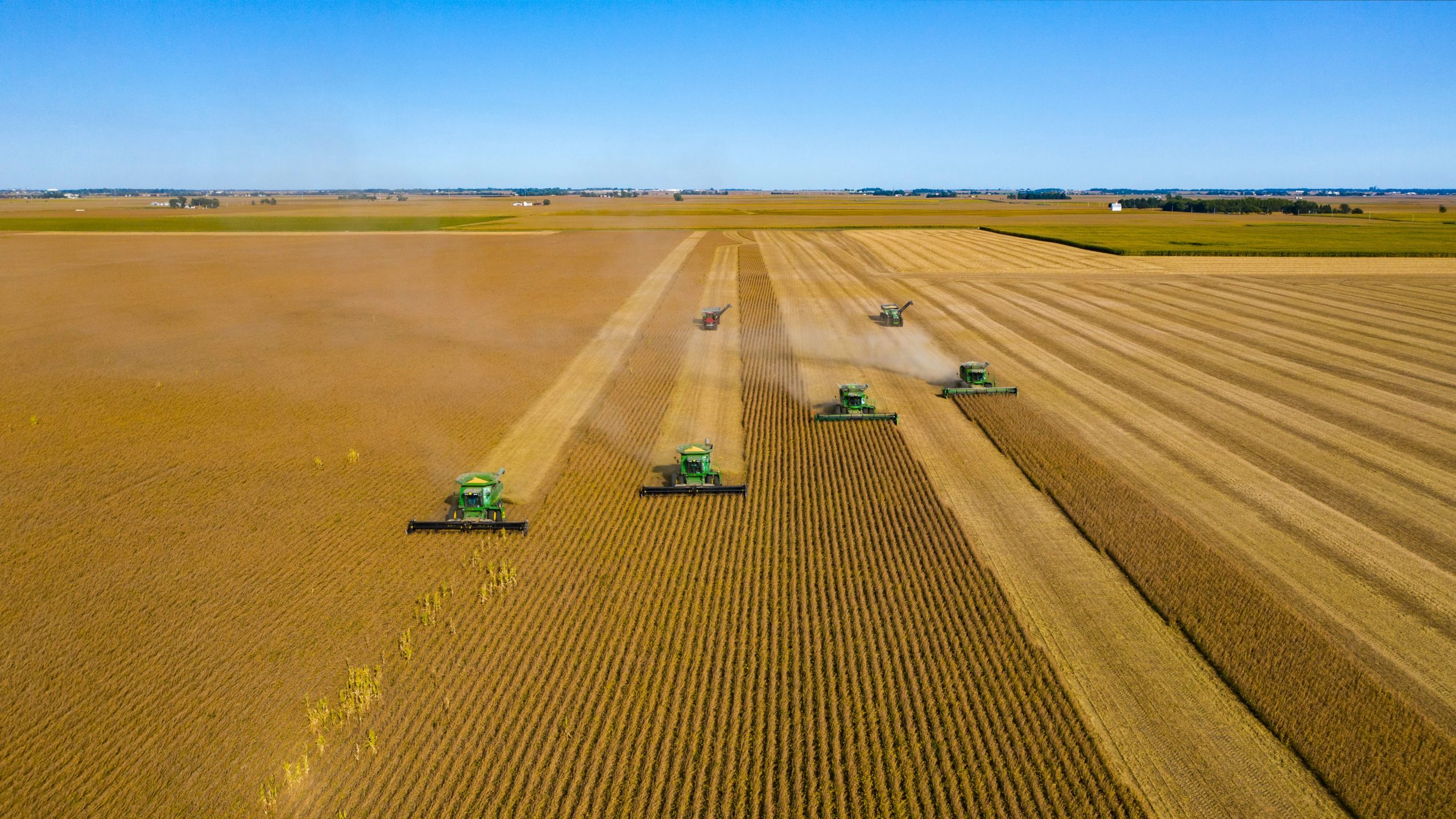It’s a tricky time for farmers, producers, food companies and other agriculture stakeholders.

With 2022 being an election year, legislation has been stalled in Congress and actions to ease the pain consumers and businesses are feeling from inflation have largely rested on President Biden’s shoulders. The industry is feeling the pinch from rising input costs — from fuel to fertilizer and seemingly everything in between. Lawmakers are hearing their concerns all while caught in a difficult moment politically. These waters are difficult to navigate and require close monitoring of news and statements coming from Washington, DC.
That’s why Ketchum’s Food Agriculture & Ingredient (FA&I) team paid close attention to the recent agriculture and food policy summit hosted by Agri-Pulse at the National Press Club in Washington, D.C. The nation’s leaders in Agriculture from Congress, the Biden Administration, and the private sector assembled to discuss the solutions to the problems facing our post-pandemic economic environment and to lay the groundwork for the big policy battles on Capitol Hill following the 2022 midterm elections.
At Ketchum we are focusing on the twists and turns of the legislation debate that may impact our FA&I clients and their industries. Right now, all eyes are set on the drafting of the 2023 Farm Bill, the lodestar for federal agriculture policy. Agriculture policy leaders have begun laying out their positions and detailing what to expect in the bill that will set U.S. farm policy for the next five years. Senate Ag Committee Chair Debbie Stabenow (D-MI), Ranking Member John Boozman (R-AR), House Ag Committee Chair David Scott (D-GA), and Ranking Member GT Thompson (R-PA) all expressed the need for a bipartisan outcome but laid out differing views nutrition and risk management policy.
Here are some takeaways from the Agri-Pulse summit regarding what to expect from Congress that may impact all industry stakeholders in the coming months.
Climate
The hottest topic among lawmakers and private industry is whether “climate smart” agriculture will be included in the 2023 farm bill. New conservation dollars were floated in the now abandoned “Build Back Better” bill. In the ’23 farm bill, it is looking like there will not be new additional funding for any of the programs. This will make it harder for lawmakers to include new provisions like expanding CRP, or creating a carbon bank housed within USDA. It is evident the ’23 farm bill will be more of a status-quo continuation with updated language to reflect climate priorities, with minimal new funding. It is yet to be seen how the farm bill will encourage regenerative agriculture farming techniques without new funding.
Fights are Brewing over Nutrition
Over 75% of the farm bill funds federal nutrition programs like the Supplemental Nutrition Assistance Program (SNAP) and the Special Supplemental Nutrition Program for Women, Infants, and Children (WIC). During the pandemic, these programs enabled millions more to receive benefits and many people received increased benefits regardless of means testing. Republican lawmakers lost the battle for increased work requirements in the last farm bill and may look to include them again or at the very least return SNAP benefits to pre-pandemic benefit levels. Democrats and several food companies placed maintaining a strong nutrition safety net on the top of their wish list for the 2023 farm bill.
View from the Top
Sen. Stabenow laid out her priorities for the future of farm policy. She declared it is time to come together on climate issues and support bio-based inputs, more biofuel production, and increased on-farm innovations like precision agriculture. Additionally, Sen. Stabenow emphasized the need to make things in America and build more supply chain resiliency. The era of just-in-time manufacturing is over. Directly addressing the large meatpackers, she expressed support for more small-l and medium–sized meat processors to address protein pricing concerns.
Implications for Companies
As negotiations begin on the important legislation that shapes how the American agriculture industry will look for years to come, Ketchum is closely monitoring the public positions lawmakers are taking. To ensure you aren’t blindsided as the 2023 Farm bill takes shape, I encourage you to actively follow and engage with stakeholders now and during the forthcoming months of Congressional negotiations. Now is the time to state your case regarding important farm bill provisions and to identify key areas of support.
If your company needs help navigating this tricky, politically charged environment, we stand ready to help.



